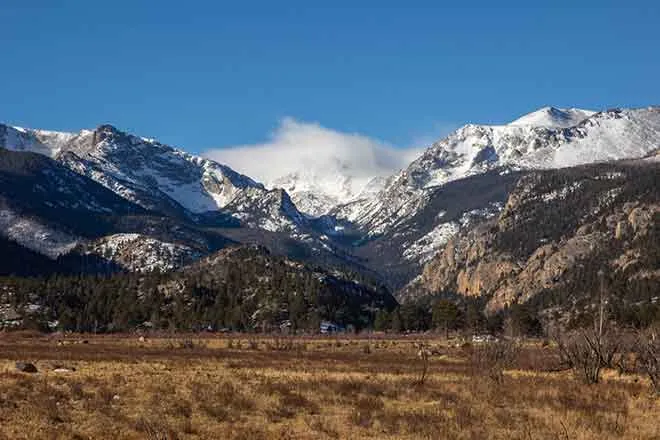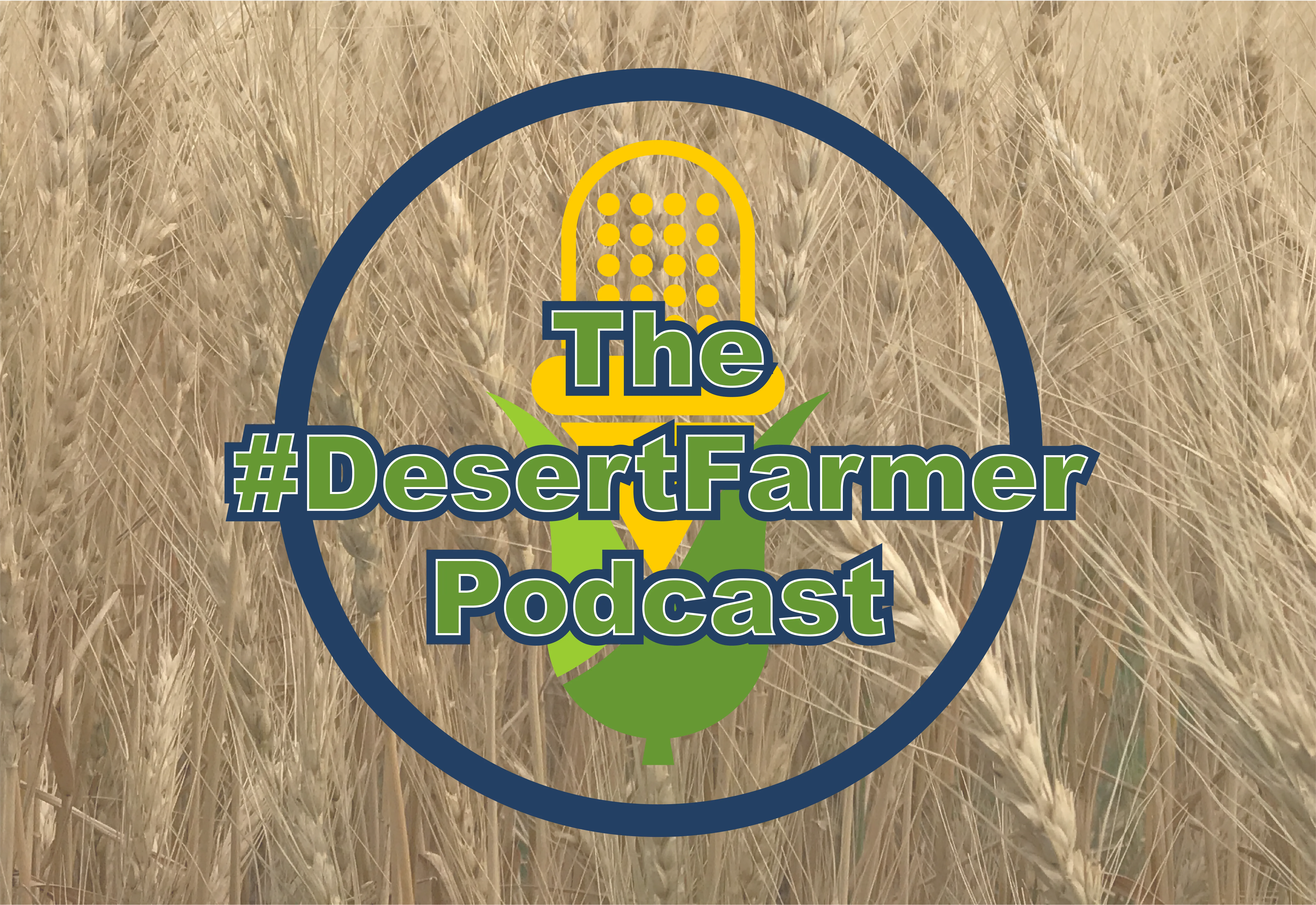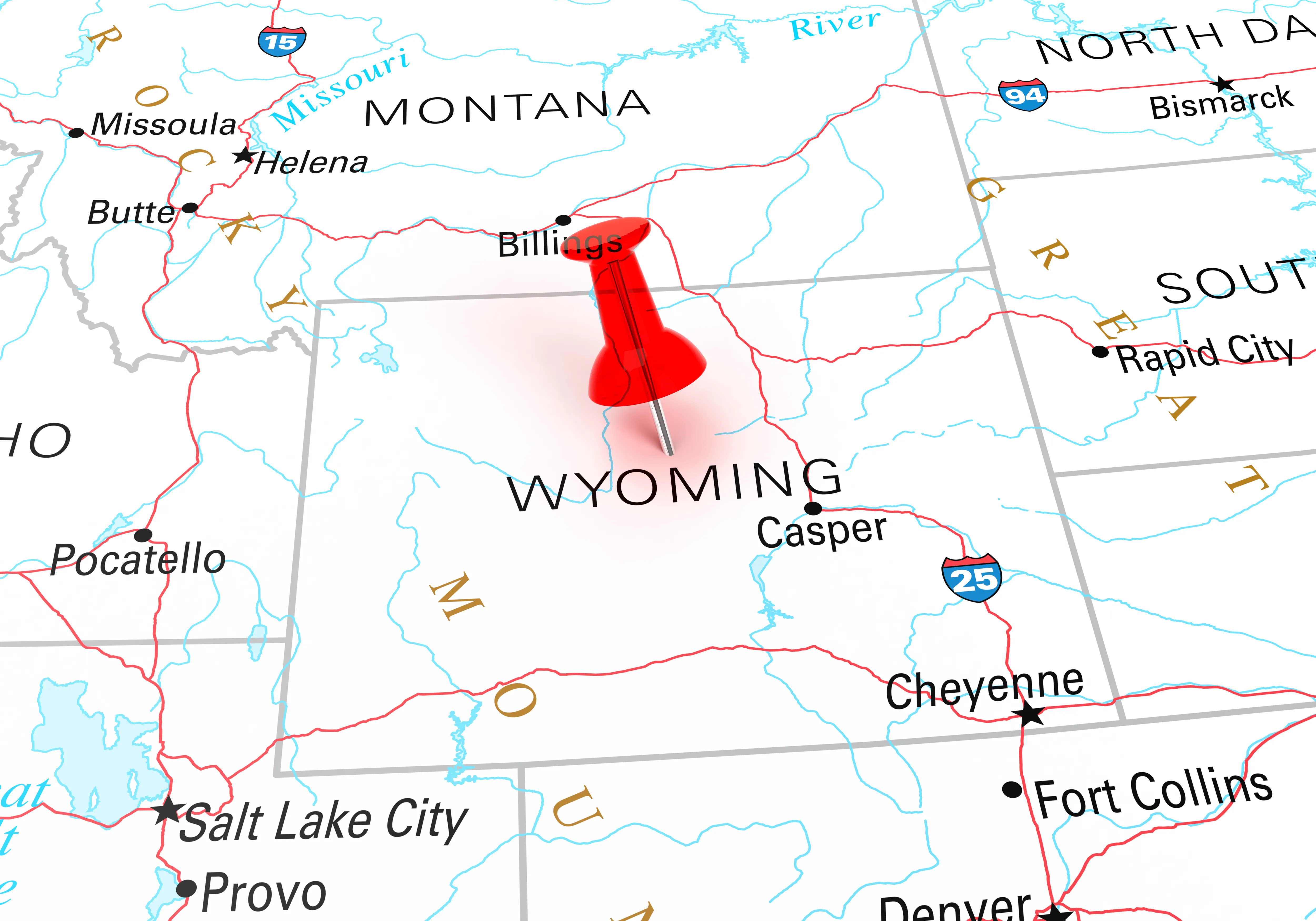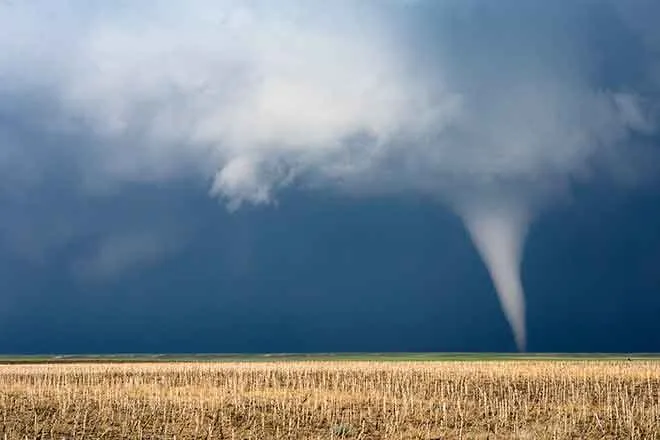
The Yonder Report: News from rural America - November 14, 2024
News from rural America.
An urban vote slump, not the rural electorate, tipped the presidential election. Minnesota voters approved more lottery money to support conservation and clean water. And a survey shows strong broadband lets rural businesses boom.
TRANSCRIPT
For the Daily Yonder and Public News Service, this is the news from rural America.
What decided the 2024 presidential race?
Anya Slepian reports, it was less a strong rural vote than a slumping urban one.
The numbers aren't all in, and President Donald Trump did get widespread support from rural voters, but a Daily Yonder analysis shows a weaker turnout in cities and suburbs had more impact.
Daily Yonder's data correspondent, Sarah Malott, says Trump got about the same number of votes as in 2020, while Vice President Kamala Harris couldn't match President Joe Biden's tally.
Harris received 12 million fewer votes than Biden did in 2020, a 15 percent drop in turnout, while Trump only lost 1 million votes.
Trump's rural support remains stable, but in major metropolitan areas, Harris lost 9 million votes compared to Biden in 2020.
It was mostly the collapse in Democratic turnout in the nation's largest cities and suburbs that cost Harris the race for the presidency.
I'm Anya Slepian.
A successful ballot measure in Minnesota could lead to more climate-friendly farming.
Nearly four out of five voters favored funneling lottery money to a land conservation and clean water fund for another 25 years.
Teresa Kaveny, with Climate Land Leaders, says smaller family farms want to be good stewards, but need support to do it.
In this time of low corn and soybean prices, money that is available to help incentivize these kinds of practices is absolutely critical if we're to ensure that we have good quality drinking water and don't pollute our rivers, lakes, and streams.
Kaveny says the 36-year-old program, written into the state constitution, supports cover crops and managed grazing for farm animals.
She says that strengthens the health of the land, cuts carbon emissions, and helps farming communities.
The financial risks have to be minimized so that farmers can make the transition.
These days, a slow internet connection can kill a business, but a new report shows the opposite happens to rural areas with strong broadband.
Amanda Weinstein, with the Center on Rural Innovation, says instead of closing down, businesses boom.
For those communities that had high broadband utilization, they saw a tremendous difference, specifically with entrepreneurship.
Statesboro, Georgia has had 20 percent poverty for more than three decades.
Weinstein says for communities like that, and everyone in the country really, high-speed internet can make a huge difference.
The research found in the studied communities, it more than doubled business growth.
We saw new businesses opening.
The difference was so stark that it was a 213 percent difference in the business growth rate.
For the Daily Yonder and Public News Service, I'm Roz Brown.
For more rural stories, visit dailyyonder.com.
















